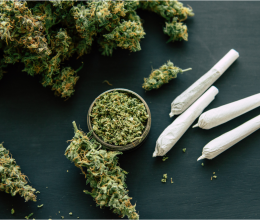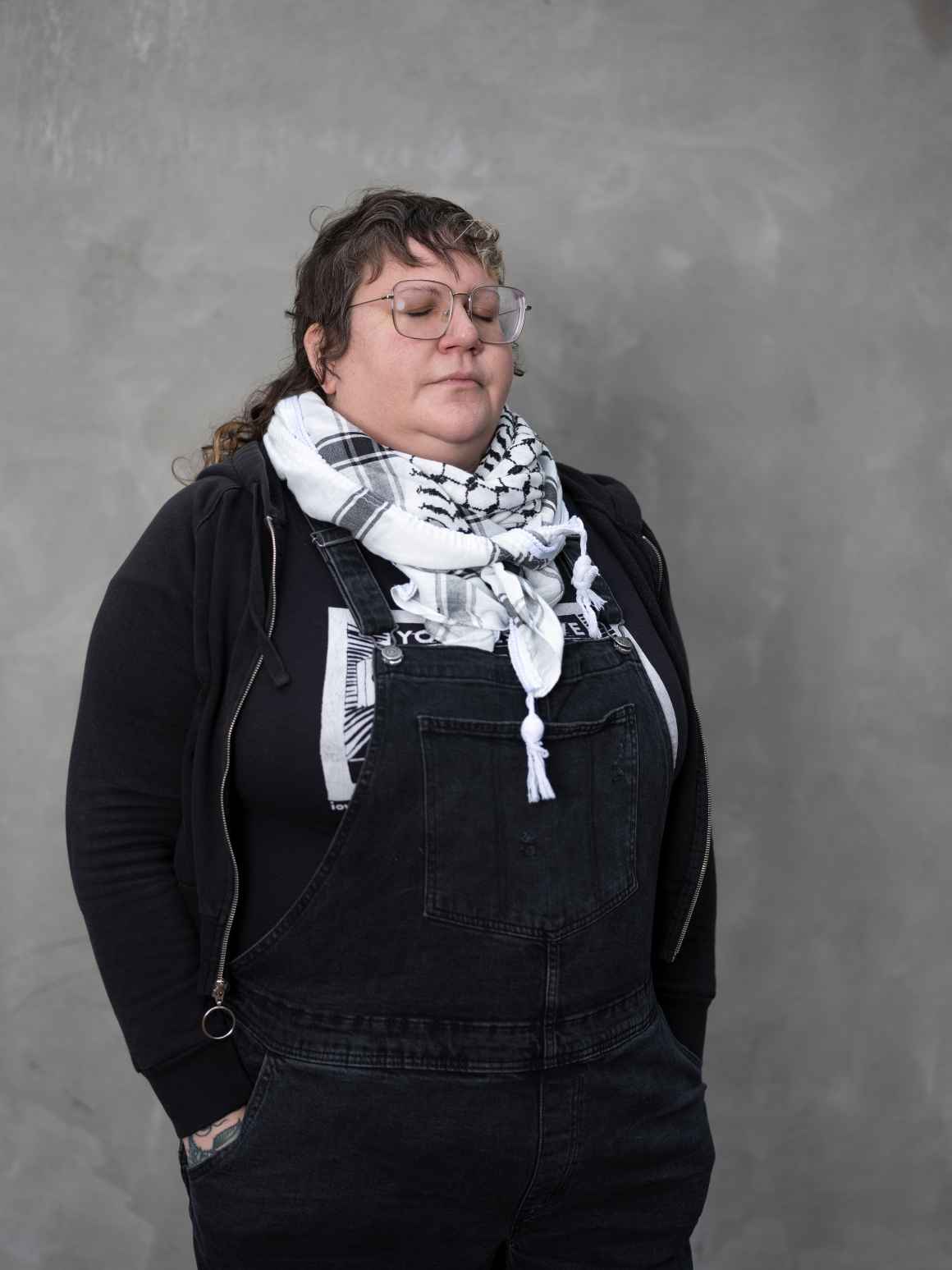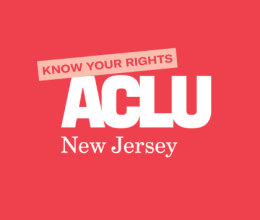
The United States has had punitive drug policies in place since the late 1800s, beginning with laws targeting immigrants and Black people. These laws, based in fear and racism, have perpetuated over-policing for more than a century and led to the overdose death crisis. They have proven to be ineffective at reducing drug use and preventing overdose deaths and have instead furthered the marginalization of already vulnerable groups, and actively discourage people from seeking community resources and treatment.
The modern-day drug war began in the 1970s and was devised to control and criminalize Black and brown communities and anti-war protesters. Today, New Jersey continues to spend exorbitant amounts on drug law enforcement at the expense of proven community-based responses. Between 2010 and 2019, New Jersey spent over $1.2 billion annually on policing, prosecution, and incarceration stemming from drug criminalization while nearly 20,000 New Jerseyans died of a drug overdose.
Total departure from punitive policies is mandatory for overdose prevention measures to succeed. New Jersey must adopt public health approaches that prioritize community-based resources and harm reduction infrastructure that are proven to prevent overdose and provide further linkages to care and personal dignity. This is why the ACLU-NJ has called for the decriminalization of all drugs.
To hear more about the human toll that drug criminalization takes, we spoke with Caitlin O’Neill, Drug User Health & Liberation Strategist for the New Jersey Harm Reduction Coalition (NJHRC) and a survivor who has felt the impact of this unjust system firsthand.
ACLU-NJ: The United States has had punitive drug policies in place since the late 1800s, continuing today with the perpetuation of the drug war that was devised to control and criminalize Black and brown communities – can you share how these punitive laws have affected you and/or your community?
Caitlin O’Neill: For me, I’m a white person who uses drugs, and I can identify many times where my whiteness got me out of trouble. Being pulled over after purchasing drugs but being told to “head on back home” to the mainly white suburban town listed on my driver’s license, or “how did a nice girl like you wind up a junkie wh*re?” I can say though that the criminalization of drugs and drug use absolutely kept me from seeking help, many times, for many years. Not just help for treatment or substance use disorder (SUD) recovery, but I’m talking about things like not reporting rape and other assaults, knowing that my drug use and or sex work would be brought into any legal proceedings, or lead to people not believing me. That stigma kept me from trauma support, even made me believe that I deserved to be treated in those harmful ways as a result of my decisions that had led me to being physically dependent on drugs. All of that stems from its criminalized status: implying that because drugs are illegal that means using them is immoral, which is not the case in reality.
ACLU-NJ: Can you imagine a future where New Jersey prioritizes the humanity and dignity of people who use drugs? What does that future look like? What does decriminalizing drugs mean to you?
CO: I absolutely imagine that future, and work toward it every day. That future includes things like mental health care, medical care, and SUD treatment available on demand the moment it is requested. It requires more realistic and modern SUD treatment models like harm reduction counseling and options outside of mandated abstinence. It requires housing-first initiatives, overdose prevention centers where people who are already using drugs can use them, if they choose to, in a safer and non-coercive care setting to prevent overdose deaths and connect to a broader continuum of support options. It requires doctors, nurses, and all healthcare workers to stop shaming us for our choices and treating us like we did something wrong when we land in their care or seek medical attention. It requires 24-hour drop-in shelter options, non-congregate shelter settings like repurposed motels or office buildings turned into transitional housing, options for couples and partners to shelter together, options for pets or remote pet care. And overall, it would require people to begin to be treated just as competent, thoughtful, capable, insightful, and important as they see themselves. But there are some long standing institutions, like law enforcement and the SUD treatment industrial complex, in NJ that would need major restructuring and improved education to achieve that.
Decriminalizing drugs is about reducing the restrictive barriers that prevent drug users from trusting existing systems of care and creating space for care to be updated to the current best practices based on feedback and client participation. It’s about never having to navigate inner turmoil and gut wrenching decisions like “can I report this assault without getting arrested myself?” or “do I stay in the hospital to care for this infection to avoid amputation, or leave because I am in extreme physical distress from opioid withdrawals and being deprioritized for care” or “do I call 911 to help my friend who is overdosing but not waking up after naloxone and take the chance of having my warrants run when law enforcement shows up before EMS?” Those are things no person should ever have to decide between.

Caitlin O'Neill, March 2024
Photo Credit: Christopher Lopez
ACLU-NJ: Research shows that harm reduction strategies – like syringe access programs, safer supply, access to naloxone, etc. – prevent overdose and provide further links to care and community resources for those who request it. Can you tell us how harm reduction programs – or a lack thereof – may have impacted your life?
CO: I injected drugs for several years before I had access to a syringe service program or harm reduction center, and for a few years with access to one. Before learning that there was an SSP just blocks from where I was buying and using drugs every day (because stigma caused them to not advertise what services they offered, making them overly clandestine), reusing a syringe was standard practice for me.
I’d use one syringe until the numbers faded off or the needle bent or went dull. Whichever happened first. I’d bruise my own hands and arms injecting with a dull needle. I’d experience cotton fever from reusing cotton filters over and over again or taking cotton shots on days when I was getting dopesick but money was not coming through. I’d get abscesses and random skin infections from missed shots or from injecting with non-sterile water as my mixer. I had big, sore, red track marks because I didn’t know to rotate injection sites. And I had just come to accept that as part of my lifestyle choices I believed this was the life of a person who shoots dope, and that’s that. I believed I deserved to experience all of that because I chose to put the needle in my arm in the first place.
After my partner found out about North Jersey Community Research Initiative’s needle exchange program, things improved for me. Knowing I had extra needles took pressure off of making a perfect shot every time, and if the tip was barbed or dull I could put it in our sharps container and replace it with a brand new syringe. My bruises reduced because I wasn’t jabbing myself. My arms started to look better because I was switching injection sites and using alcohol swabs to clean them before injecting and applying bandages after. Those tiny changes boosted my confidence navigating the world around me; it’s a very lonely thing to navigate the world when you “look the look” of a drug user people stare, make comments to you, follow you through a store to monitor you, or just straight up don’t let you come in. So here was this program not only providing me with supplies, but also saying they were happy to see me, that I was welcome. I began to feel less invisible, less disposable.
ACLU-NJ: In a time of rampant misinformation and rejection of facts, assumptions are made every day about drugs and people who use drugs. Can you share how those assumptions have appeared for you/in your work and how you’ve challenged them?
CO: People assume that drug use makes you incapable of making the best decision for yourself, or that you don’t care about anything or anyone. Or that you’ve lost all value to be taken seriously in a conversation or can’t plan for your own well-being. That doesn’t help us to not listen to what we need or tell us we’re making bad choices. The whole world is already telling us we made bad choices, we do not need a care provider telling us too, making us feel worse.
Currently, people make assumptions about the drug supply, that people who sell drugs are “poisoning” the supply, or preying upon young people when those things are completely false. The blatant refusal to see how prohibition impacts the drug supply is wild. We can literally trace when fentanyl entered the illicit supply to the times when crackdowns on importing heroin were going on, or the DEA was burning poppyfields en masse.
ACLU-NJ: In addition to arrest and other criminal legal consequences, people criminalized for drugs can experience other long-term consequences because of the impact criminalization has on civil systems (housing, immigration, family regulation, etc.). Can you share examples of how this has shown up in your outreach work with NJHRC?
CO: On NJHRC outreach, we hear stories daily about people navigating long term consequences of criminalization. Members share having lost housing vouchers, jobs, custody of children, and so much more as consequences of using a drug that is criminalized. There is one member who is currently unhoused and often shares that losing custody of her child was the final straw that sent her use into chaos, that made her give up hope. One of our members attempted to receive care for frostbite at the emergency department last winter, but was told they couldn’t be treated until they completed a detox program; this led to the person leaving the hospital and eventually losing their finger to the frostbite.
One of our members recently was evicted from public housing due to a drug-related arrest of someone else that happened to be in their apartment, and wound up losing their Section 8 voucher entirely as a result of the eviction. We work with a lot of sex workers who don’t think they deserve care after an assault or bad date, or are afraid to seek support due to their drug use.




